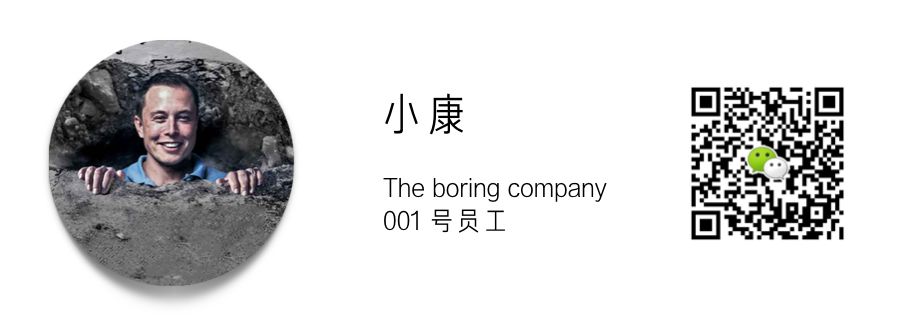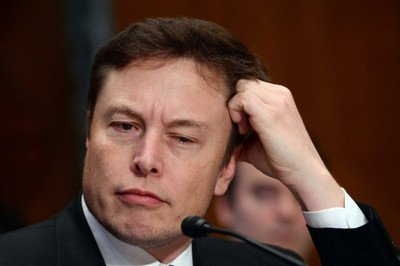Tesla’s Challenges: Why Elon Musk’s Leadership Style is Ineffective
Tesla is facing unprecedented challenges: since 2016, over 40 high-ranking executives, including VPs, have left the company, and the production slow-down of the Model 3 is not only affecting the business itself but also other related businesses. Elon Musk admits that this past year has been the most difficult and painful one of his career and he’s close to the breaking point.
What’s wrong with Tesla? What has Elon Musk done wrong?
This article is written by Barry W. Enderwick, a marketing expert, keynote speaker, author, and former Marketing Director of Netflix and VP of Marketing at Machine Zone. It was originally published on Medium and compiled by Garage42 without altering its original meaning. Enjoy.

Elon Musk’s amazing rise to power is remarkable. Since his involvement in the establishment of companies like X.com and PayPal, he has taken advantage of his capital and intelligence to venture into various fields, such as solar energy, electric cars, energy storage batteries, transportation, and even space. He has accomplished impressive achievements so far.
As the actual controller and spokesperson of SpaceX, Tesla, and The Boring Company, Elon has created a series of refreshing businesses. But, it’s unbelievable that he’s facing an old problem that many business leaders struggle with: he wants to do everything by himself, hands-on. Unfortunately, this behavior demonstrates that he has some fundamental misunderstandings about leadership.
In a company, no one can do everything on their own – let alone a CEO of three companies – the problem of over-extending one’s energy soon becomes evident. If Elon continues down this path, he will only worsen not only his own health but also his company.
Current Situation is Worrying
The importance of company culture can’t be emphasized enough. Patty McCord, co-founder of the infamous Netflix, once said, “A company’s culture tells employees what the company expects of them and what they can expect from the company.” A well-established company culture can mold a more capable organization, ultimately resulting in higher efficiency and growth.From the leaked emails that Elon sent to Tesla employees – expressing dissatisfaction towards suppliers, improving meeting efficiency and many other things – he felt it necessary to send these emails, but the fact that they were leaked indicates that there is little understanding between the company and its employees. If Tesla had a mature culture that everyone deeply understood, they would practice and progress within this culture every day, and there would be no need to send emails.
A company that does not invest long-term efforts in building and developing its corporate culture will not be able to retain efficient and intelligent top talents.
The lack of a corporate culture at Tesla has led to massive executive turnover since 2016. Both customer and employee turnover indicate a disconnect within the company. For example, when the products promised by the marketing department cannot be delivered on time, customers may cancel orders because they feel they have been misled.
I don’t know about Tesla’s daily operations, but to me, this high frequency of turnover suggests an atmosphere where these executives are not seen as competent enough to work for the company. In short, Elon doesn’t trust them. Elon needs to establish and develop a corporate culture, even the most basic one, to lay the foundation of trust for better recruiting and retaining employees.
Learn to trust others
When I first came to Netflix, I noticed that Netflix CEO Reed Hastings was a very smart and intuitive person. But what I observed was that his smartest move was knowing that he was not an expert in every field. So he hired Ted Sarandos, Barry McCarthy, Leslie Kilgore, Neil Hunt, Patty McCord, and Tom Dillon, each with a deep understanding of content, finance, marketing, technology, human resources, and logistics, respectively.
He and Patty McCord created a high-performance culture at Netflix, in which employees were given complete trust and were able to do their best work for the company. With this trust, each top-level executive has worked incredibly long for the company:
-
Ted Sarandos, CCO (Chief Content Officer) – 18 years and 6 months (still at Netflix)
-
Barry McCarthy, CFO – 11 years and 9 months
-
Neil Hunt, CTO – 18 years
-
Leslie Kilgore, CMO – 12 years* Patty McCord, CTO (Human Resources) – 14 years and 3 months
-
Tom Dillon, COO – 7 years
What Should Elon Do?
It is clear that a successful founder and leader is one who not only builds and grows a company, but also ensures that it continues to thrive after they depart. Although Elon may not be fully prepared, it is not too late for him to adjust his strategy. So, what should he do?
1. Create a Company Culture
Develop a company culture that fosters an environment for everyone to reach their full potential. This will also create a culture of trust and freedom.
2. Learn to Delegate
Once this company culture is established, high-level executives with professional knowledge should take responsibility for different functional departments within the company.
3. Relax
In Silicon Valley, there is a culture of CEOs tirelessly working to achieve their goals. This is not sustainable. As Arianna Huffington stated, part of leadership is setting an example that extends to mental and physical health. Elon should consider surfing, running, or even meditation to recover his energy and live in the present moment instead of relying on sleeping pills for better sleep.
To me, Elon Musk’s achievements so far are amazing but the cost is becoming increasingly high. I hope that Elon can continue to create brilliance instead of exhausting himself.


This article is a translation by ChatGPT of a Chinese report from 42HOW. If you have any questions about it, please email bd@42how.com.
